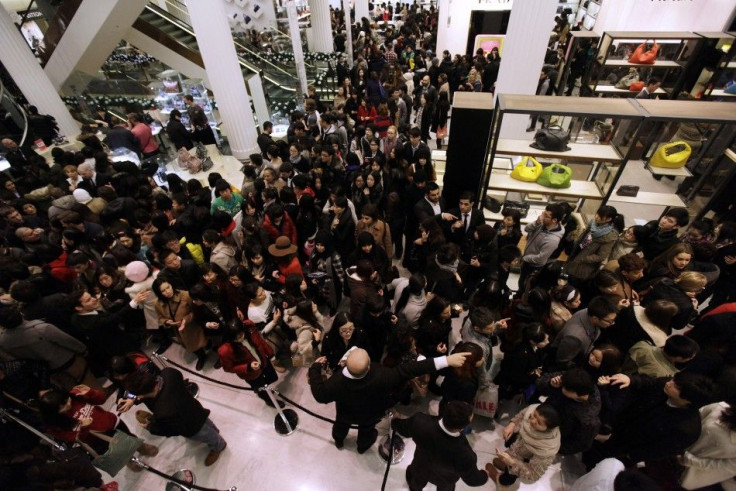Boxing Day: What is it, and Where Did it Come From?

Boxing Day: most Americans know it as the day after Christmas, but what is it exactly, and where did it come from?
The secular holiday, which is celebrated in Great Britain, Australia, New Zealand, Canada, Ireland and a number of other non-American nations, was named for Dec. 26, when wealthy Britons would reward their servants with a box of gifts.
The presentation of the box was a thank you of sorts for giving up much of their own Christmas in order to help out with their masters' celebrations.
But Boxing Day has different meanings in practice today, and different countries have come to celebrate it in different ways and call it different things.
In Germany, Poland, Lithuani, the Netherlands and Scandinavia, Boxing Day is simply known as Second Christmas Day, while in Ireland it is called St. Stephen's Day or Day of the Wren, and in South Africa it is the Day of Goodwill.
Boxing Day is mostly just a day off for many workers in these nations; in Canada it is a full federal holiday on which all full-time workers get paid time off.
In Great Britain, New Zealand, Canada and Australia, however, it is considered to be one of the major shopping days of the year, much like America's Black Friday, which falls every year on the day after Thanksgiving.
Business owners have even begun to hold a Boxing Day tradition here in the United States, in which they give gifts to delivery people including their mail carriers and UPS/Fed Ex drivers. Often they are given a fifth of scotch.
Oddly enough, most Americans don't know that this tradition is widely observed in the country's business community.
In recent years, Boxing Week, a week-long shopping spree, has come into vogue in England, as has Cyber Boxing Day, like Cyber Monday in the U.S., where deals are offered online to after-Christmas shoppers.
© Copyright IBTimes 2024. All rights reserved.





















